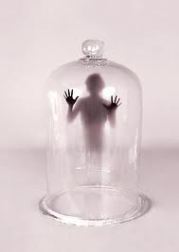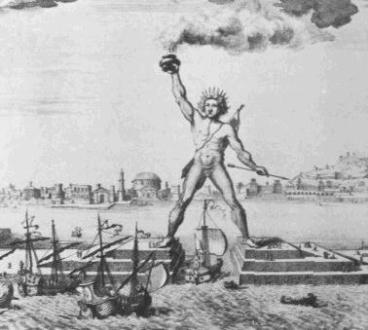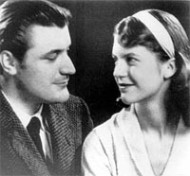It’s hard to believe that classes are coming to an end!
When I first stepped into this class, I knew very little about Ted Hughes. What I did know, I didn’t like, and didn’t have any desire to get to know the man’s poetry. At first, it was a struggle. It was difficult to sit through poem after poem about a little creature in the forrest ripping apart another animal. Many nights reading in my bed I would think “for the love of Plath can we use ANYTHING else as inspiration than a damn woodland creature Ted?!” The most difficult poems for me to think through were the “Crow” poems. It was extremely difficult to sit there and wonder what or who the crow could be. With so many possibilities, it made understanding the poems to their full, close to impossible for me. Is this poem about his own self hatred, Plath, WHO IS THE FREAKIN’ CROW!? I only really started to understand, enjoy, and want to read Hughes when we got to “Birthday Letters” because I felt like this was him being the most real with himself. Let’s be honest with ourselves, Plath’s illness would have made his life difficult to say the least. Loving a person that is severely depressed is a hard thing to deal with. It makes you feel down on yourself, because you’re supposed to make them happy and you’re not. So I started to feel a little bad for the guy. I started to see the hurt, the guilt, and the sadness that came with Plath’s suicide. It really messed him up.
Now, when it comes to Plath, I enjoyed her. Call me weird, I won’t deny it. But her poetry made me think, made me laugh, made me connect to it, and occasionally but not all that often, made me sad. When Bryan and Miguel would tell me about how sad they felt after reading her poetry, I couldn’t agree. The Bell Jar was one of my favorite books when I read it in high school. Not because I was a sad teenager, I was far from it. It was because it made me laugh and it made me think. I really saw that book, and a lot of her work as part of a feminist movement, in a sense. I wrote my final paper on what I’ve found throughout my readings this semester. Plath’s work was super feisty, powerful, and about how women should be. She was kind of like the Beyonce of 1950s poetry. Which is why I titled my paper Who Run The World? Girls. I really enjoyed learning more about her and her work this semester. Reading all of your blogs also brought insight into her work that thoroughly confused me. Professor Daumer did an excellent job of explaining her interpretations and how she got there, which helped me as well.
It was a fun class, much better than what I was expecting and I’m happy that I was able to get through it with new understanding and a quasi love for Hughes. Have a good rest of the semester and good luck on your finals!












